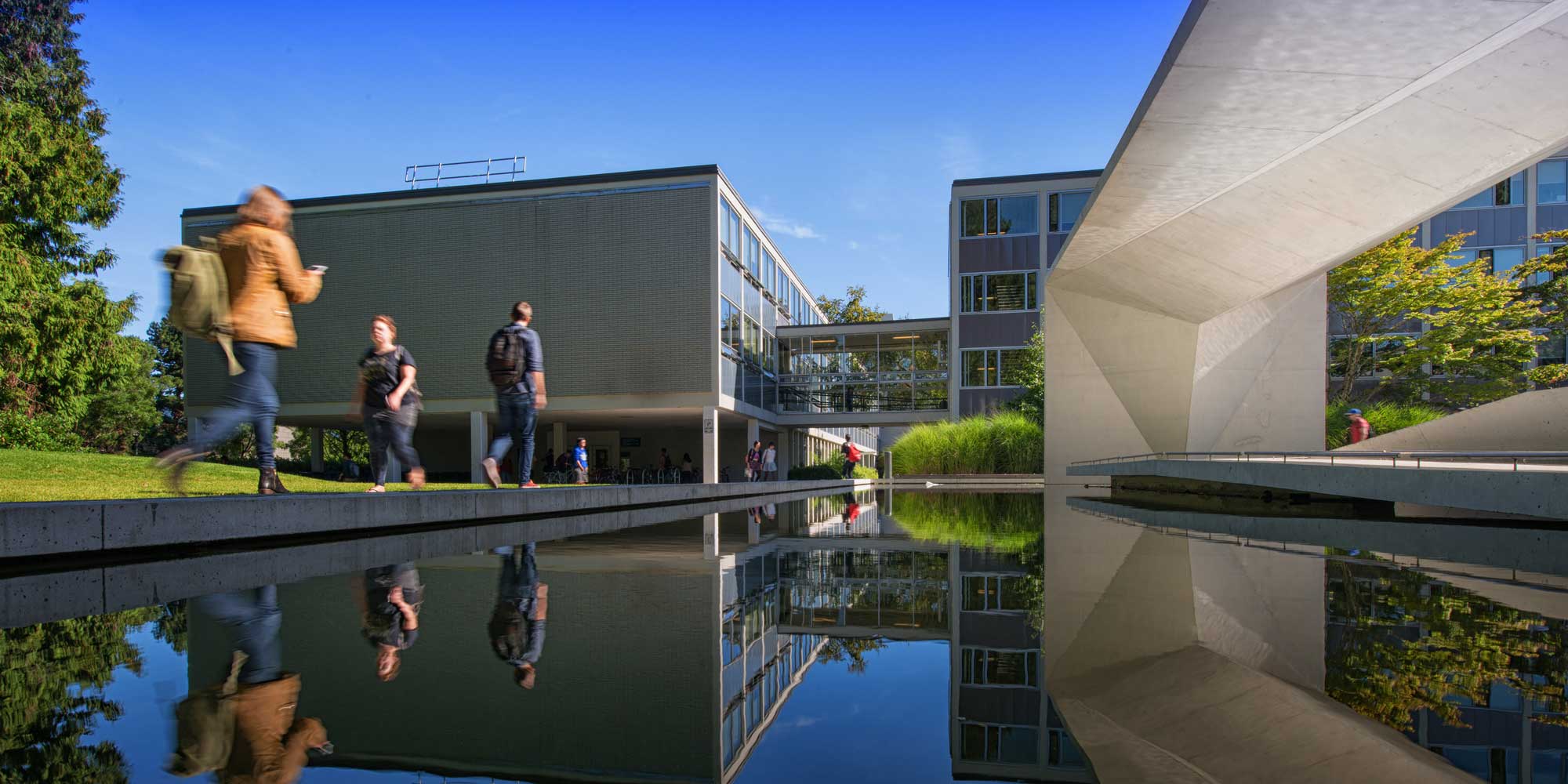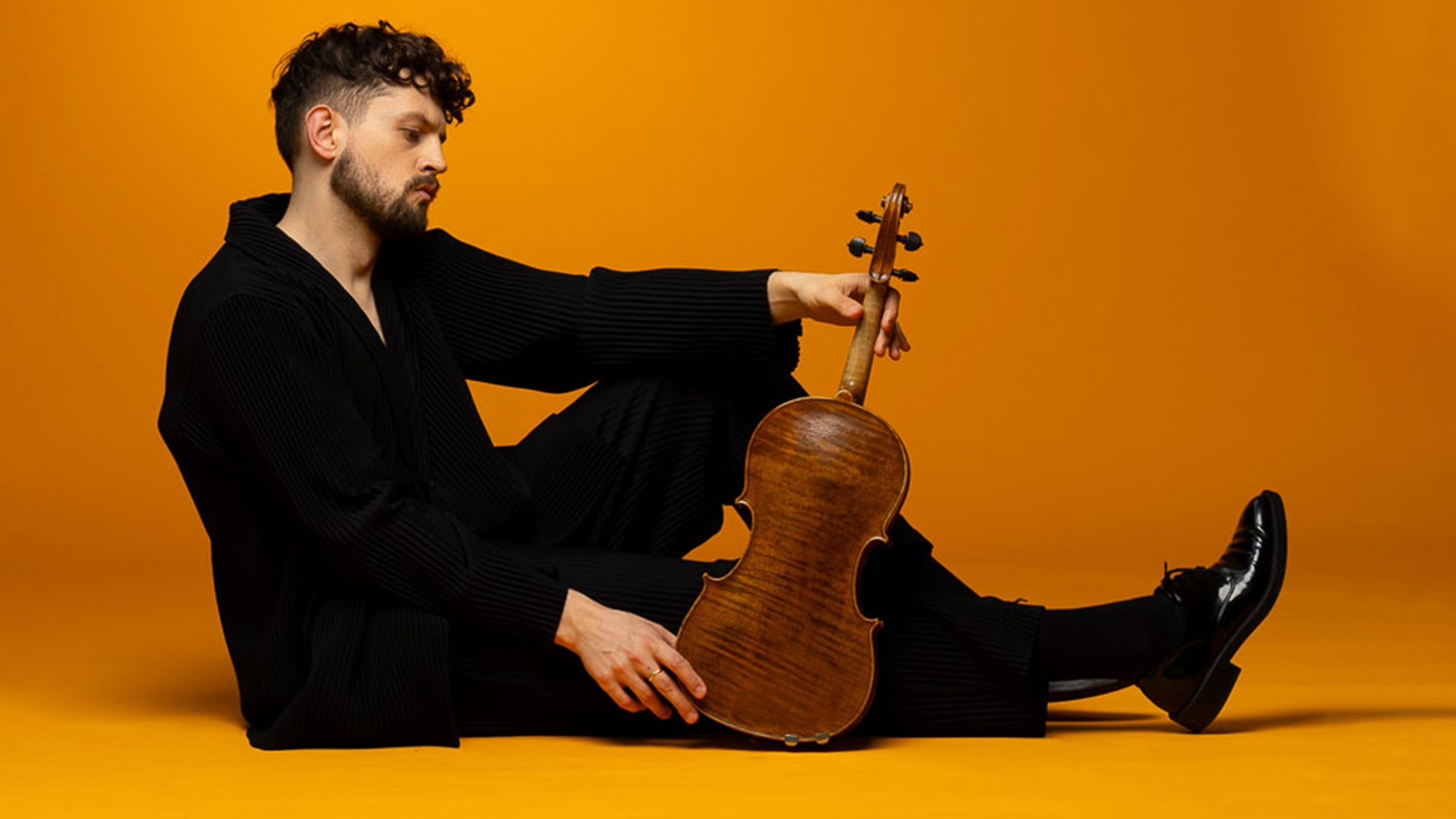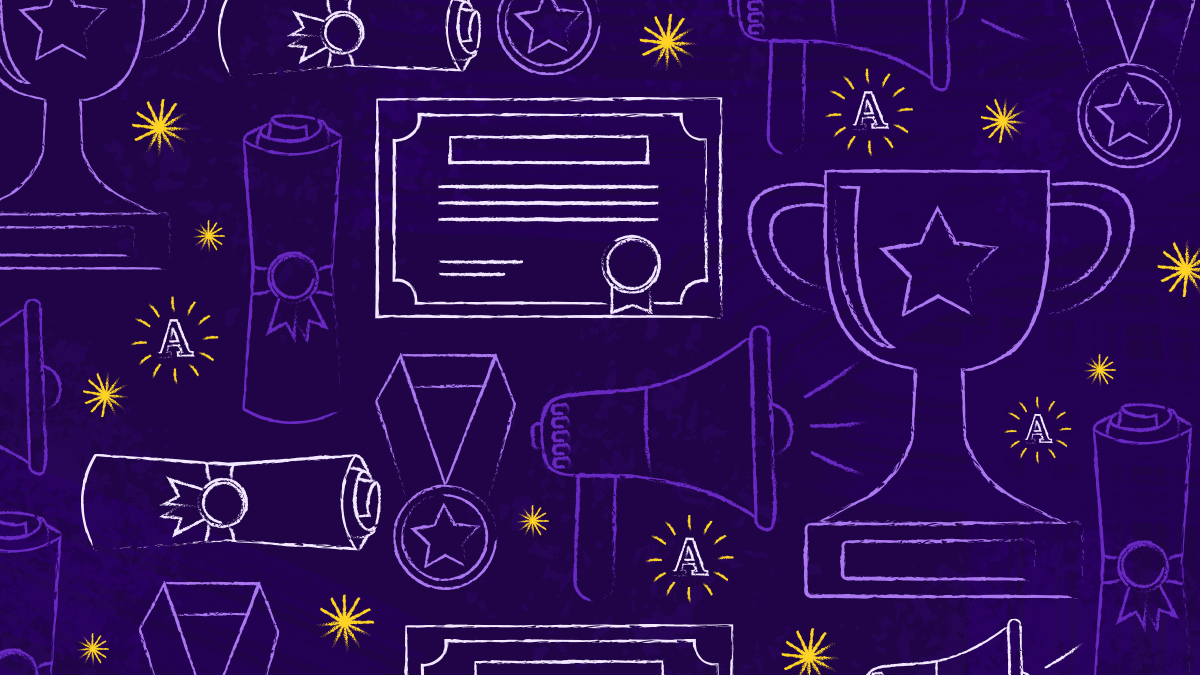

Tarini Fernando, fourth-year International Relations major and Commerce minor, is the 2012 recipient of the Dean’s Outstanding Leader from the UBC Community to Beyond Award. Drawing on her experiences as the former president of World University Service of Canada (WUSC), co-founder of The Passion Project and a member of UBC’s Sri Lanka Society, Fernando discusses how community engagement has impacted her UBC experience.
You mentioned emigrating from Sri Lanka 10-11 years ago. How did you stay so well-connected to the Sri Lankan community before joining the Sri Lanka Society at UBC?
My parents used to take me back home quite frequently, during the summer months. I always looked forward to those summers – visiting family and meeting up with the friends I’d left behind. Recently, I went back home to do an internship, and spent the four months of my summer there.
I’ve always understood where my roots are, and they’ve played a really strong role in defining my values and my beliefs. And I think those values shape and define who you are, no matter where your locale is.
How did the UBC Sri Lanka Society begin?
In February 2011, Sri Lanka was in the finals for the Cricket World Cup. My friends and I wanted to watch the game together, so we decided to have an event at the Global Lounge. It brought together over 100 students. At that event, I saw, for the first time, the number of Sri Lankan students at UBC. It’s not massive; I’d say, 35 undergraduates at best. But a lot of us really valued the connection that we shared that night, and we said, ‘Why doesn’t this happen more often?’
So I initiated a series of communications, and people just got on board and started talking about what we can do as a community. Then in the fall, we began forming as an undergraduate group. In fact, the Sri Lanka Society had existed before; however, it was largely a group comprised of graduate students. We, as an undergrad community, were not very involved and we wanted to change that. And while I had a part to play in getting things off the ground, I can definitely not take all the credit. It wouldn’t be where it is if not for the time and dedication of so many other students.
What has been your involvement in the UBC Sri Lanka Society?
I’ve been working with the team to identify the vision and mission of the society. It’s the first year that undergraduates came out on a weekly basis to meet and plan events, so a part of that process was and continues to be determining what purpose we want to serve. We have a better idea of where we want to be going, but I think that’ll also be changed and redefined as the years go on.
Do you have any suggestions for increasing the sense of community at UBC?
I think a lot of it comes from people being able to exchange ideas and have shared experiences. The Global Lounge is a great example of where and how that takes place. Basically, it’s a resource space based on campus for students and organizations that have a globally-focused angle to come together, share ideas, cross-promote and collaborate on events. The space definitely fosters a sense of community and motivates students to take their ideas and put them into action.
The campus offers so much. I always think of UBC as a playground; there’s so much at your disposal. There’s no other place where you can explore so freely with so few consequences. Trying new events, new activities, or the various clubs on campus – those are all great avenues for people to come together and be part of a broader and more collective identity.
What is the connection between service learning and academics? Has service learning changed your academic experiences at UBC, or vice versa?
There’s definitely a distinction between the learning that takes place in the classroom and the learning that comes from educational experiences outside of class. But they can go hand in hand, and the synthesis of the two is what’s most powerful and most unique.
I’m studying International Relations, and my service learning experience has helped me understand that what we read on paper translates very differently in a real-world setting. Service learning really challenges us to think from different perspectives. It’s not always about saying who’s right and who’s wrong; it’s about appreciating that it’s different. I think that this is especially pertinent in something so contested as “development”. Service learning helps us to realize that we may not always have the right answer, but that we must continuously be asking better questions.
What was your primary motivation for getting involved in globally-focused initiatives?
I find that a tough question, because I have always thought of the local and the global as being interconnected. I think that most issues have both a local and global scale to them. Vancouver, specifically, has a lot in terms of immigration and refugee affairs. When we talk about multiculturalism, it’s sometimes such an ideal – but at the same time, the Canadian mosaic can be so fractured. So as much as that mosaic is international in nature, it has very local manifestations as well.
I think my passion for reaching out to communities has a large part to do with my own personal narrative. As an immigrant, those are things that are really close to my heart just because of what I’ve experienced, and the kinds of communities I would naturally integrate into.
Were you this involved before you came to UBC?
I would consider myself as always pretty involved. I love working with people, I learn by doing, and I guess I would be considered an extrovert. I get my energy from interacting with other people, from experiencing new ideas and situations.
Extra-curricular activities have always been a highlight for me. Phrases such as “global citizenship” and “leadership” become so much more applicable and personally relevant when I’m challenged to engage with them in my involvement with the community.
Did you encounter any challenges when you were running WUSC and The Passion Project?
I think there are always challenges, but challenges are opportunities – to discover both your own strengths and the strengths of other people. With The Passion Project and with WUSC, I’ve always been so humbled by the people around me; there’s so much talent and energy and vision. Little things like events and group dynamics – sometimes those pose problems, but they’re opportunities to start thinking a bit differently and say, ‘Why are we doing what we’re doing?’ And if there’s a problem, let’s re-visit that “Why” and then figure out a different approach.
Do you have any examples of obstacles that you had to overcome?
Personally, a big challenge has been thinking far enough ahead to give my team opportunities to take ownership of things that need to be done. Someone – I can’t remember who – once said, ‘Failure to plan on your part does not constitute an emergency on my part.’ And that’s always stuck with me. For people who have the ability to lead others, or who have that privilege and responsibility, it’s important to plan ahead in order to give others enough space, time, and resources to take ownership of something, as opposed to just dumping it on them last-minute. So that’s something I would probably be conscious of. And it’s been a challenge, because there are always different things competing for your attention.
Outside of your involvement activities, what do you do to recharge?
My faith is a huge thing. That’s the central source of energy and inspiration that guides a lot of what I do. Apart from that, I like to spend time with friends and build the relationships that are important to me, because I don’t think there’s anything more powerful than people and their stories.
If you could redo your UBC experience, what’s one thing you would change?
I think there’s always more that everyone can do, and there are always more communities to reach out to, but I definitely don’t have any regrets. I would’ve loved to have taken a student-directed seminar course, or led one. But more than anything, I’m content with what it has been.
Ok. Wait. There is just one thing – I would have gone to karaoke night at The Gallery. On Tuesdays. I still have not done it yet.
What do you plan to do after graduation? Did anything that happened on campus help clarify your decisions?
I definitely know that I need to be working with people. I like to be doing things that are action-oriented and energy-related. After grad, I think I’m going to take a year off to work, and then go on to further schooling to do a JD/MBA [Juris Doctor/Master of Business Administration degree]. I have a couple of ideas as to where I want to go and what sort of work I want to do, but I think time will tell.


